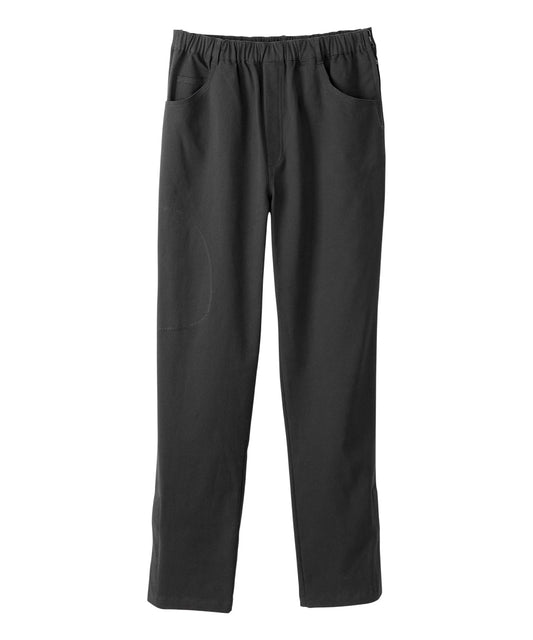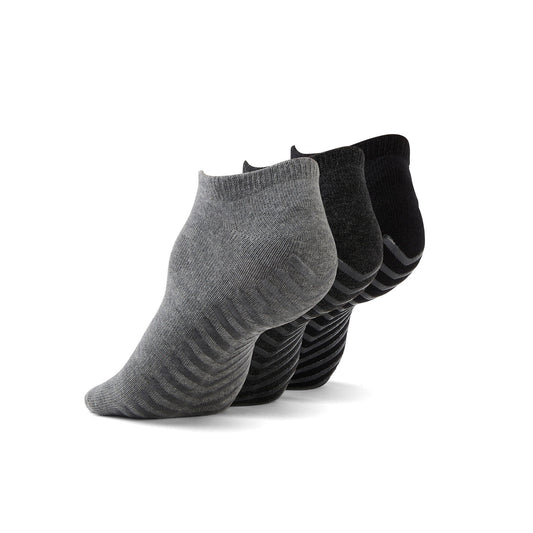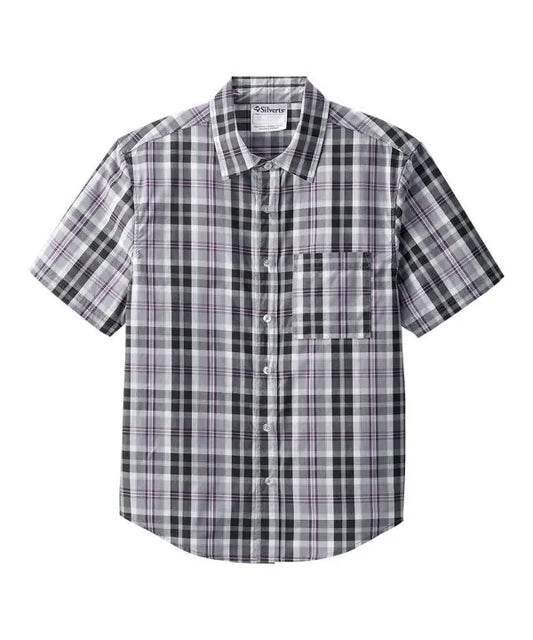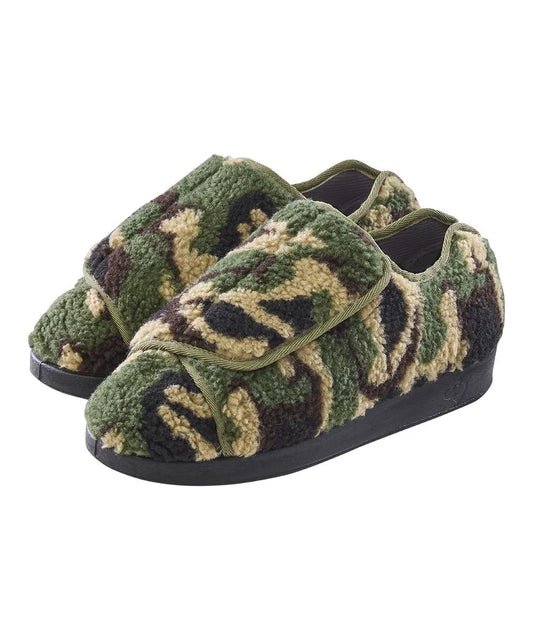By Krishna Sabaratnam
In celebration of World Alzheimer's Day today, we aim to shed light on ways to support loved ones who are dealing with Alzheimer's Disease. This condition affects memory loss and can impact an individual's personality, independence and physical motor capacities. After some time, those with Alzheimer's may lose all communication with their primary caretakers and loved ones.
Due to declining cognition, dressing and grooming can be difficult for individuals with Alzheimer's. Here, we offer some ways you can support your loved ones by simplifying their dressing routines.
How Adaptive Clothing Can Make Life Easy for Those Suffering from Alzheimer’s Disease:
Like all of us, people living with Alzheimer's want to feel a sense of self-esteem and one way to accomplish this is by choosing the right clothes in which they feel comfortable. Adaptive clothing can make a difference in the quality of life of a person who deals with Alzheimer's and it can give patients and their caregivers greater flexibility.
Here are 4 simple ways adaptive clothing can aid someone living with Alzheimer's Disease:
1.) Adaptive clothing can add comfort to your everyday living:
People living with Alzheimer’s prefer loose-fitting clothes that are less restrictive. This lets them feel more comfortable. Because adaptive fashion leans on well-designed and practical garments, the wearer can be sure to find a variety of choices that fit and enhance their everyday living.
2.) Adaptive clothing is made with your safety in mind:
Strategically placed zippers, velcro straps, magnetic buttons and other great mechanics can make it less challenging to dress oneself. As a caretaker, you must give clear step-by-step instructions on how to dress and wear certain garments for the patient's safety.
3.) Adaptive clothing aids in the organizing process:
Make the dressing process more organized. Doing so can lessen confusion and decrease any anxiety the wearer might feel. For instance, lay out each item of clothing in the order in which the wearer should be dressed. Also, consider purchasing 2-3 sets of the same clothing. These strategies can make the dressing process more seamless.
4.) Adaptive clothing can boost positive emotions and conditions:
Clothes play an essential role in how we feel about ourselves and present ourselves to others. Because of its concern with both functionality and style, adaptive fashion can help people suffering from Alzheimer’s Disease. Ultimately, having access to well-designed, functional clothing that leaves you feeling good can help individuals navigate the challenges associated with Alzheimer’s.
Here, you can find some customer favourites. Take a look down below!

 Men's Sport Shirt with Back Overlap
Men's Sport Shirt with Back Overlap



Women's Magnetic Zipper Jacket
















